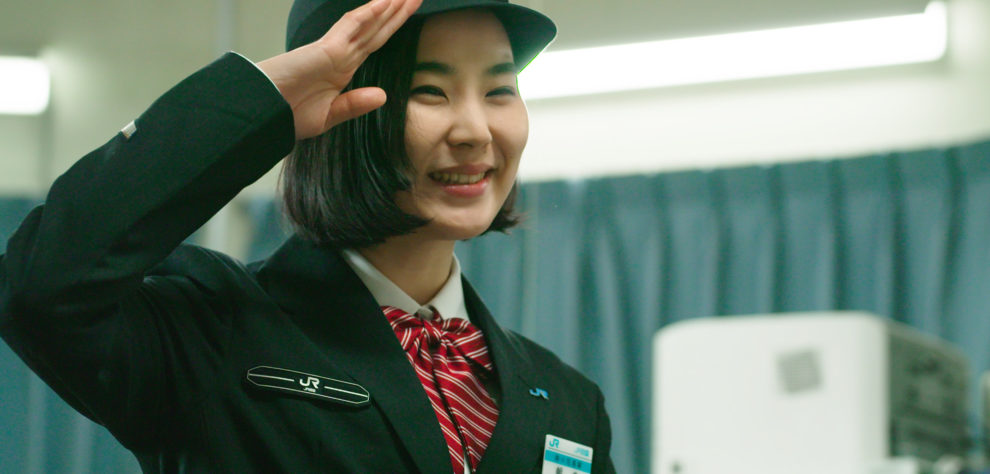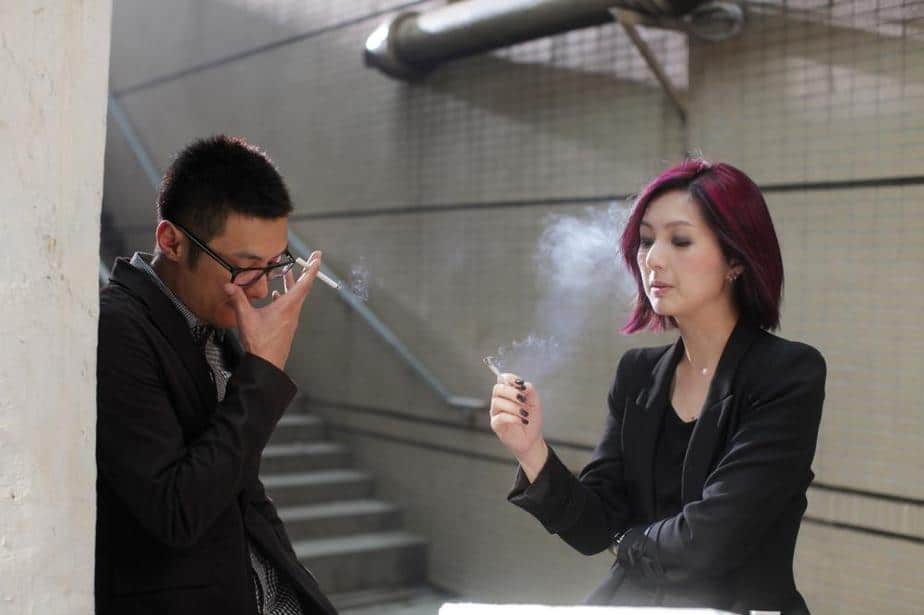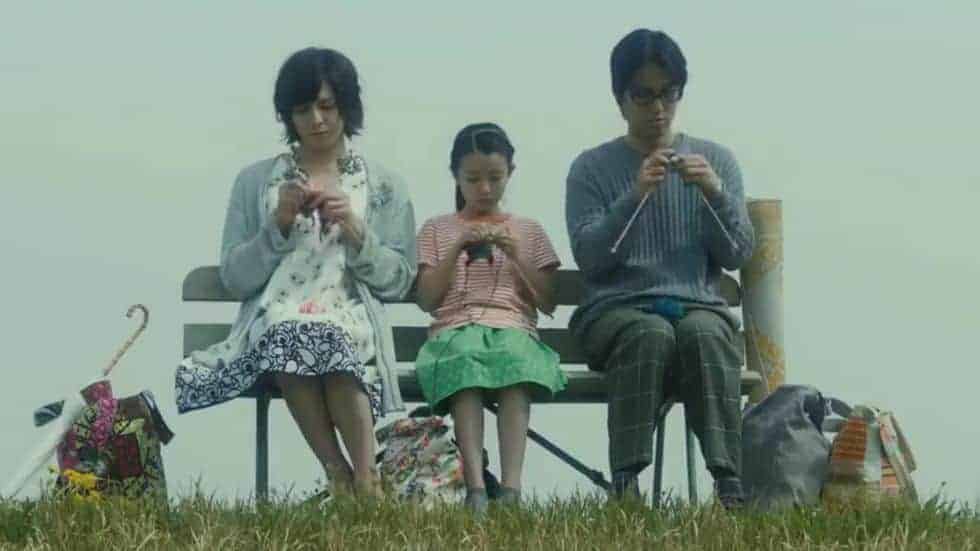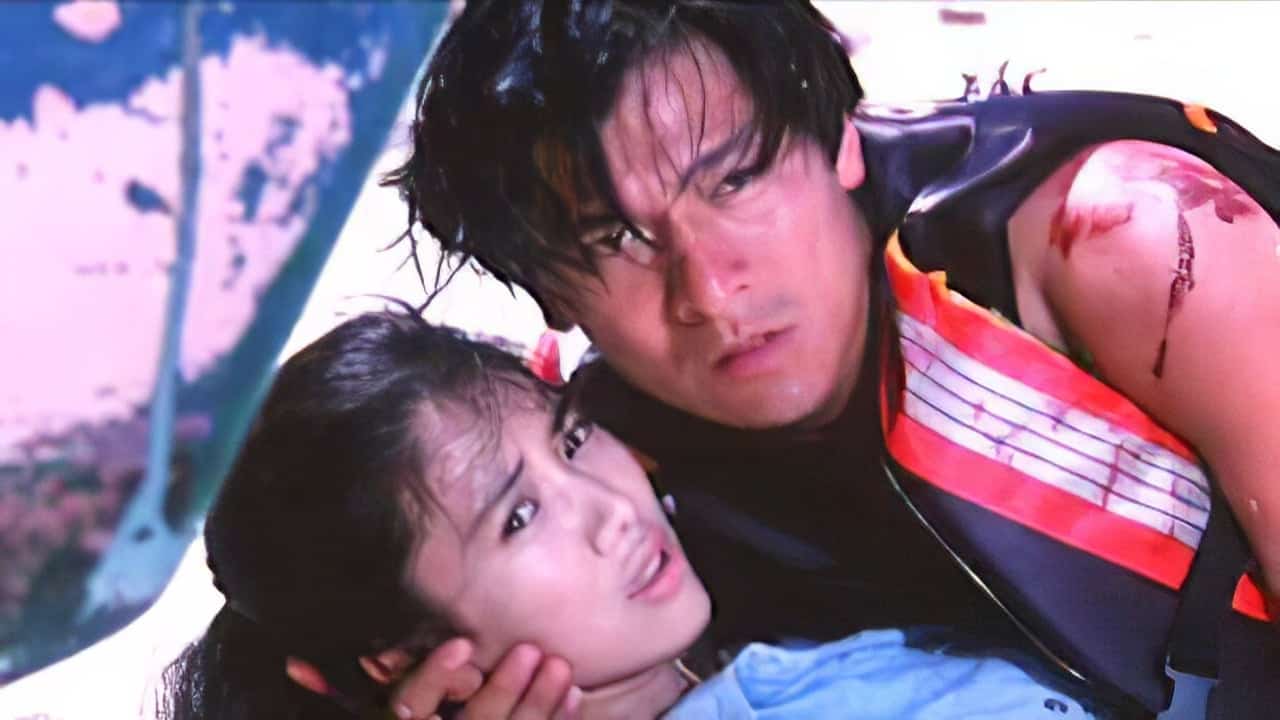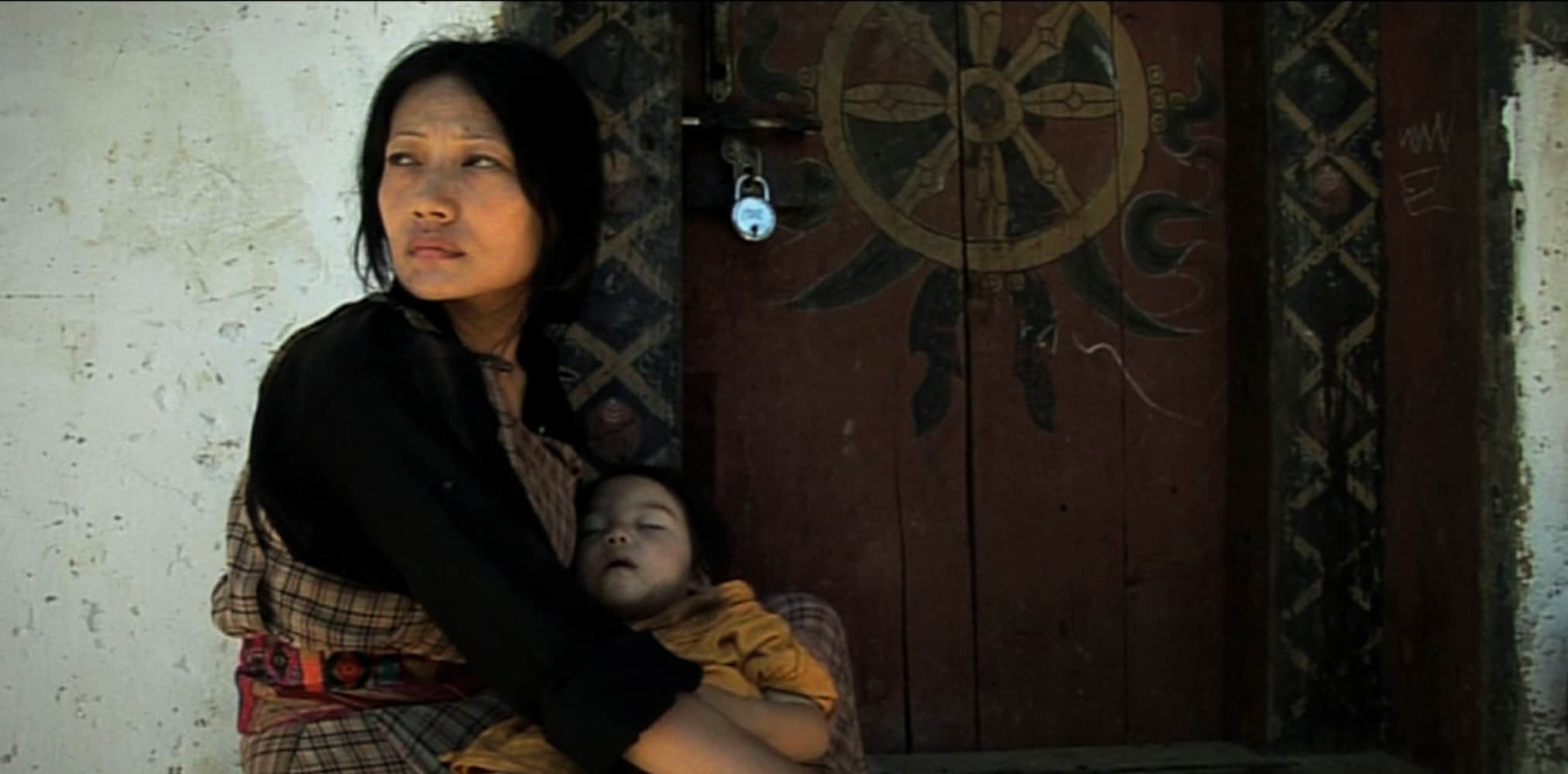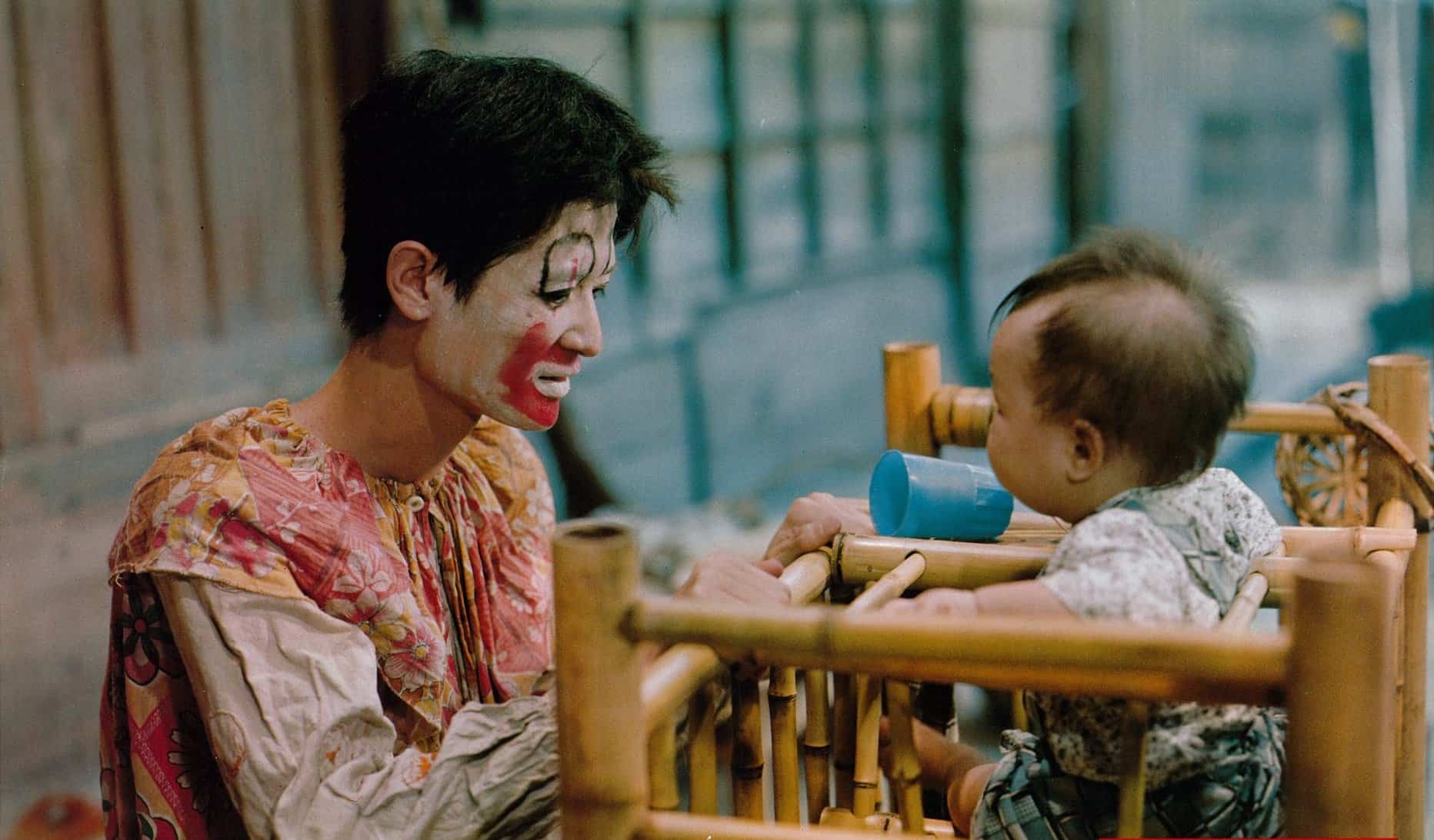Director Seiichi Hishikawa began his career in New York City. He is a very eclectic artist; he has a background in music, photography, cinematography, graphic design and he is an awarded director of short films, television commercials, corporate advertisements, as well as dramas. Hishikawa also directs and stages exhibitions and creates contemporary art installations. He directed and edited the feature film “All Aboard!”, penned by Akio Miyoshi,
“All Aboard!” is screening at Japan FilmFest Hamburg

“All Aboard!” follows the life of Haruka Asakura (Yukino Murakami) and her seemingly unconventional family, consisting of herself and three men. The film starts quietly, in the same way as she describes her typical day, with a dawn over the port town of Komatsushima, soon to be disrupted by the chaotic awakening of the whole gang of housemates, fighting for the toilet, and stuffing themselves with breakfast, prepared by a motherly Haruka. Around the kitchen table, loud banters are the norm. Haruka's mum abandoned the family many years before, leaving the young girl to look after Goro (Katsuhiro Shimamoto), her gay father (the reason why the mum left) who is mostly self-absorbed in his campyness, a delusional uncle Kentaro (Jun Suzuki) who is in love and wants to marry a beautiful prostitute and her guitar-equipped cousin Manabu (Soma Fujii) who calls himself singer-songwriter and spends his time mostly singing aloud to prove it to the world.
Haruka treats them like children, imposing rules at the table, and making sure they are all ready to go to work. She is employed at the local train station, where the dad also works as store attendant, while the uncle is a frustrated salaryman and the cousin sings in the street to an invisible audience. This established equilibrium of happy mess is soon subverted when Haruka drops the bomb that she is gradually becoming blind due to a retinal pigmentary deterioration. The life in the house is thrown into utter confusion, Haruka is forced to search a happiness that she had never allowed herself to have, and the 3 men will have to reassess their priorities and rethink their dependency on Haruka. It's time to grow up.
“All Abroad!” is undoubtedly an aesthetically pleasing work; the director has indeed used his artistic sensibility and his experience in commercials to create a skilfully lensed and masterly edited film, interpreted by two charming young newcomers, Yukino Murakami and Soma Fujii. As the title suggests, the focus is on this eccentric inclusive family and the bonds and dynamics between the members. Life has its bumps, and we learn and improve from them; Haruka's tragedy is a benignant earthquake despite its malignant nature.
However, the script struggles and suffers in conveying a message, whatever it might be, due to a certain superficiality of the characters' capers and traits. The dazzling shots of Komatsushima area, the sea, the sunsets and the presence of the railway are a beautiful and passionate nod to Japanese traditional imagery and visual language but Haruka's family also includes some rather stale Japanese types, like a highly unsympathetic and caricatural gay man, another man whose sole interactions with the opposite sex seem to be with prostitutes, and a very passive female figure. Haruka in fact, is an impossible-to-dislike character but she is imprisoned in a feminine role that is incredibly old fashioned and stereotyped. Her coming of age arc goes straight from being a carer for a bunch of immature men, to being taken care of (by a man).
Debatable toilet humour aside, the supposedly joyous chaos at the breakfast and dinner table is so unimaginatively scripted that it ends up looking like a disrespectful and irritating choir of masculine tantrums and bad manners towards the poor girl. Maybe something was lost in translation, but I personally struggled to find it funny and ended up feeling an irresistible desire of slapping the three brats. So miserably treated was Haruka by the script, that she was also given one of the most underwhelming and depressing sex scenes seen recently.
Still, the film is enjoyable to some extent, as it shows in its fibres the artistry and sensibility of the direction and photography. A graceful opera that would have benefited from a better libretto.


